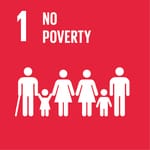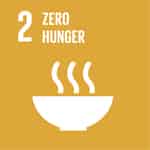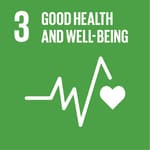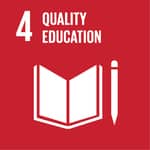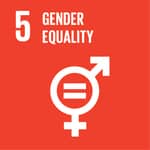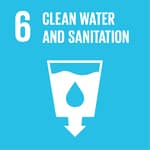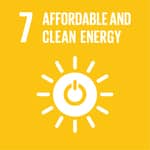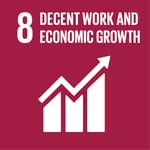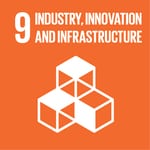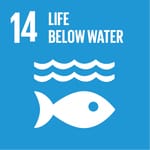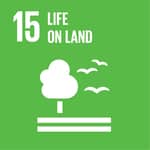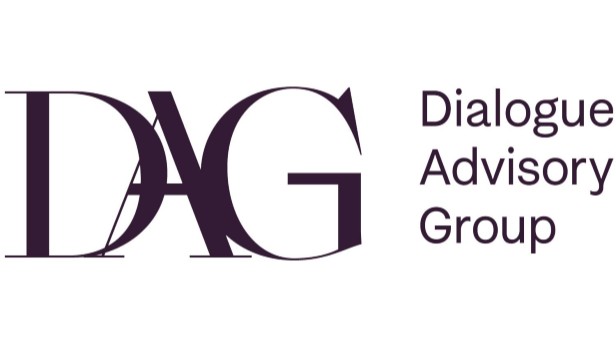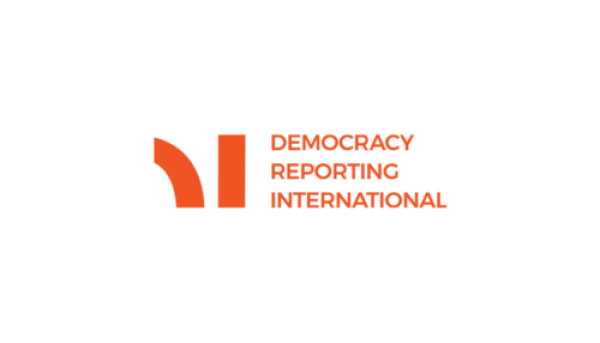Founded with the aim of “stimulating economic progress and world trade”, it promotes policies that improve the economic and social well-being of people to create better lives and a stronger, cleaner, fairer world. The topics that is studies include agriculture, fisheries, development assistance, economic management, education, employment, governance, new technology, and various country studies. It is arguably the world’s largest think tank produces 250+ reports per year on ‘what works’ and databases with societal and developmental indicators.
Foci:
- Restore confidence in markets and the institutions that make them function.
- Re-establish healthy public finances as a basis for future sustainable economic growth.
- Foster and support new sources of growth through innovation, environmentally friendly ‘green growth’ strategies and the development of emerging economies.
- Ensure that people of all ages can develop the skills to work productively and satisfyingly in the jobs of tomorrow.
Publications:
- The Insights blog
- An extensive library of books , papers, statistics, glossaries
- A library of 50 updated statistical databases with 264 developmental and societal indicators
- OECD Observer – This magazine presents concise, up-to-date and authoritative analysis of world economic, social and environmental issues.
- The OECD “Green Growth Series” is a series of impactful reports on topics like:
- Green Growth in Cities (June 2013, 132p.)
- Putting Green Growth at the Heart of Development (June 2013, 192p.)
- Policy Instruments to Support Green Growth in Agriculture (Oct 2013, 140p.)
- Greener Skills and Jobs (March 2014, 228p.)
- Improving Energy Efficiency in the Agro-food Chain (Aug 2017, 108p.)
- Building Resilient Cities (Dec 2018, 144p.)
HIGHLIGHTS:
- Social Impact Investment 2019 – Looks into the social impact investment approaches globally, comparing regional trends, and assesses its prospects, with a special focus on data issues and recent policy developments. Provides four sets of recommendations on financing, innovation, data and policy for delivering on the “impact imperative” of financing sustainable development.
- Better Life Index – An interactive database and data visualization that allows you to compare well-being across countries, based on 11 topics the OECD has identified as essential, in the areas of material living conditions and quality of life.
- OECD Economic Outlook (2021) – An analysis of the major global economic trends and prospects for the next two years.
Note: OECD is frequently referred to as the club of 34 “rich countries,” but, increasingly, it is far more than that, e.g.: it has relations with >70 non-member economies and collects data especially on the BRICS. Its numerous authoritative reports are addressed to government officials, but deserve to be considered by scholars in general and anyone interested in sustainability and non-military aspects of security. The problem is in identifying the many gems in this cornucopia of policy studies. (MM)


